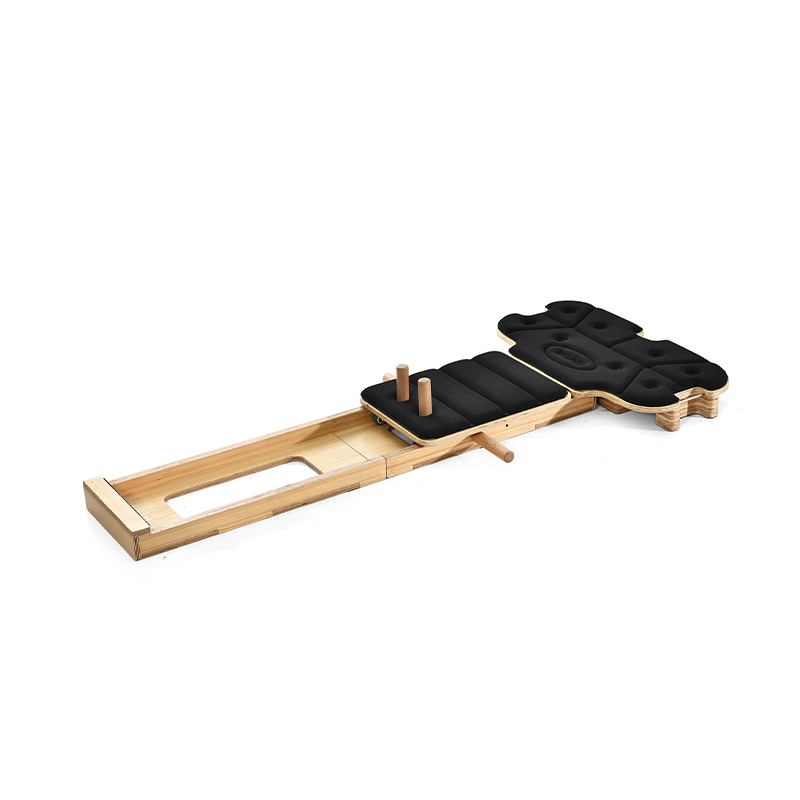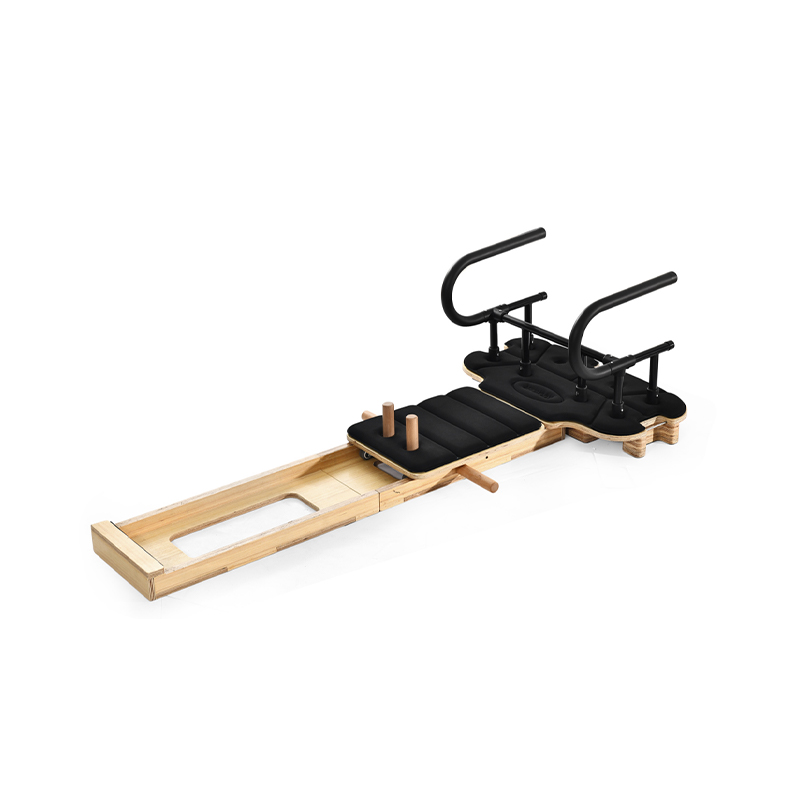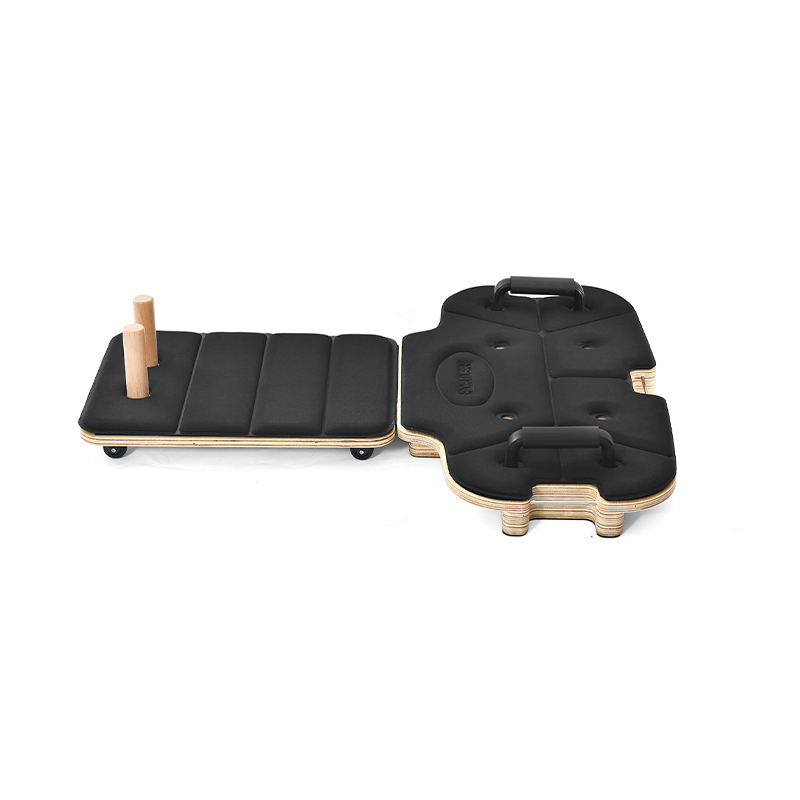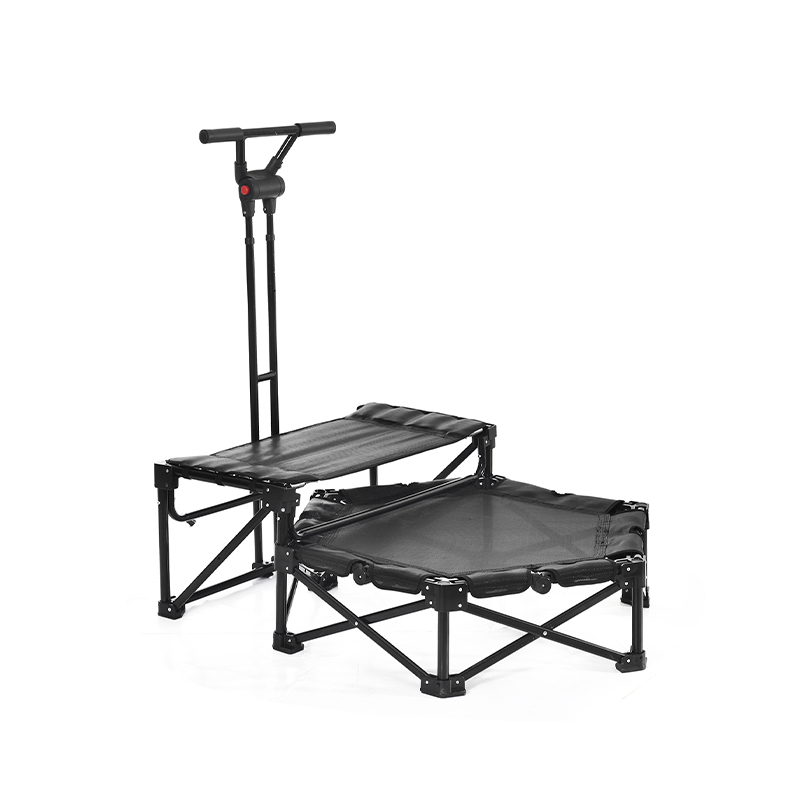Pilates, a popular form of exercise that focuses on controlled movements, has gained widespread popularity in recent years. Developed in the early 20th century by Joseph Pilates, this method emphasizes core strength, flexibility, and overall body alignment. Today, Pilates is not only practiced worldwide by people of all ages and fitness levels, offering a wide range of benefits without the risk of high-impact injury.
What is Pilates?
At its core, Pilates combines strength and flexibility exercises that improve posture, balance, and mental focus. The exercises are often performed on specialized equipment, like the Reformer, which uses springs to provide resistance. However, many Pilates exercises can also be done on a mat, making it accessible to those who prefer to work out at home.
Pilates movements are typically slower and more deliberate than those of other fitness regimens, encouraging individuals to focus on proper technique and form. This makes it an ideal choice for people who want a gentle yet effective way to enhance their fitness without straining their joints.
Key Benefits of Pilates
Improved Core Strength
Pilates exercises focus heavily on strengthening the muscles of the abdomen, lower back, and pelvis. This core stability is essential not only for athletic performance but also for everyday activities, reducing the risk of back pain and injuries.
Enhanced Flexibility
Pilates encourages deep stretching of the muscles, helping to increase flexibility and joint mobility. This is particularly beneficial for individuals who sit for long periods or experience stiffness due to aging or inactivity.
Better Posture
The focus on alignment in Pilates can lead to improved posture. By strengthening the muscles that support the spine, Pilates helps prevent slouching and supports a more balanced, upright stance.
Mental Clarity and Focus
Pilates requires concentration, as each movement is performed with precision and control. This mental engagement often translates to reduced stress and a greater sense of well-being.
Low-Impact and Accessible
One of the biggest advantages of Pilates is that it is low-impact. This makes it a great option for those recovering from injuries or anyone looking for a workout that places minimal stress on the joints.
Pilates for Everyone
Pilates can be customized to meet a variety of fitness goals. Whether you are a beginner looking to improve flexibility or an athlete seeking to enhance performance, Pilates can be adapted to suit individual needs. Classes are widely available, from group sessions to private lessons, making it easy to find an instructor who matches your goals.
Additionally, Pilates is known for being gentle on the body, so it is suitable for people of all ages and fitness levels. Many individuals who are new to exercise or have specific physical limitations find Pilates to be a safe and effective choice.
Conclusion
Whether you're looking to improve flexibility, increase strength, or simply reduce stress, Pilates offers a balanced and low-impact workout option. With its focus on controlled movements, posture, and mental clarity, it’s no wonder that Pilates has become a go-to choice for fitness enthusiasts around the world. With regular practice, individuals can experience long-term benefits, improving both physical and mental health.


 English
English русский
русский Español
Español







